Could Vladimir Putin be a Middle East peacemaker?
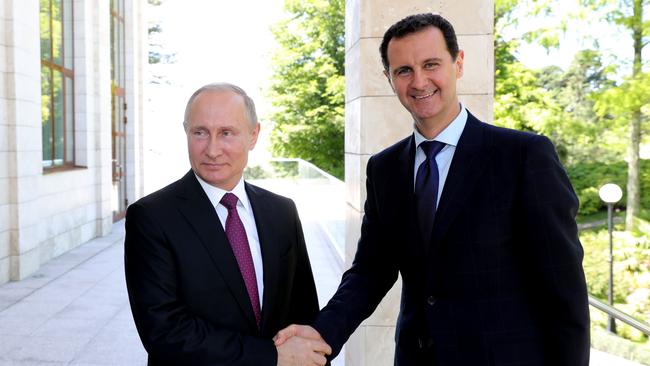
Yet the ties between Putin and Assad, both in power since 2000, don’t quite explain the recent mysterious goings-on. There is, for example, the rapid expansion of Russia’s military air base at Khmeimim, in Assad’s heartland of Latakia. The Syrians handed over extra land to Russia last year and the base has extended and hardened a second runway that can reportedly handle strategic bombers. Khmeimim already houses a GRU signals interception unit and reinforced hangars that shield dozens of aircraft from drone attack. It is the nerve centre of Syria’s air defence. But who needs strategic bombers at a time when the civil war is at its quietest in a decade?
Another riddle: Putin has just helped mediate a prisoner exchange between Syria and Israel. Two Syrian shepherds for an Israeli woman who had been interrogated by Syrian intelligence after straying into a Druze village in the Golan earlier this month. Putin’s help came with a price tag: Israel ended up buying $1.2 million worth of the Sputnik V Covid vaccine, for distribution in Syria.
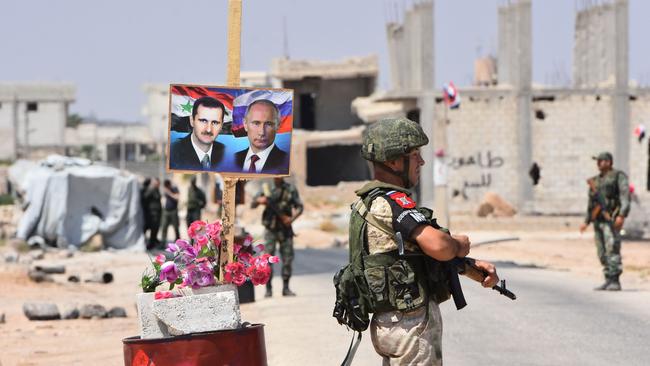
What seems to be happening is that Putin is expanding his role as a Middle East power player, exploiting the gap left by the withdrawal of the US from the region. The detachment of the US, which began under Barack Obama, its neglect of Arab leaders and its focus on China has left a vacancy. It was military intervention by Russia that saved Assad’s skin in 2015 and that made an impression on Arab regimes everywhere. So too did Russia’s supposed removal of Assad’s chemical weapons: Putin saved Obama’s face and kept his client dictator safe.
“There’s not a moment during a Middle Eastern crisis when Putin doesn’t wake up and think: what would Yevgeny Maximovich do in this situation?” My East European informant was talking about Yevgeny Primakov, a wily Arabist who served in the 1990s as head of Russian intelligence, foreign minister and prime minister. After the end of the Cold War Primakov made clear that Russia’s essential question was not whether to be part of Europe or not, but rather how to work around and against American hegemony. That meant creating pragmatic alliances, blocking US advances into what could be seen as Russia’s natural sphere of influence and above all identifying America’s blind spots. Under Primakov, Russia established itself as a big arms exporter and focused hard on those countries discomfited by the presence of a huge American land army in Iraq.
Now Putin is again taking a leaf out of his late mentor’s book. He has parlayed his military support for Assad into a permanent presence in Syria, not just the air base and the control of air space, but also a warm water port in Tartus. When Syria is finally at peace Russia will claim a bigger say in the various crises of the eastern Mediterranean. And Moscow will challenge Turkey’s ambitions to be the determining power in the Middle East.
Back in 2007 Putin sent Primakov to Damascus to see whether there was scope for a Russian-led Middle East peace. Assad was already in cautious talks with Israel over the Golan Heights by means of Turkish mediation. It didn’t come to anything and everybody, including France’s president Nicolas Sarkozy, was piling in, thinking that Assad could be turned into a western rather than Russian ally. That didn’t come to anything either but the idea has never quite left Putin. His calculation: what if Iran could be persuaded to leave Syria and in return Israel gave up the Golan Heights?
Had Primakov still been alive he would probably have said: forget it. Why should Iran surrender its foothold in Syria? Even if the Revolutionary Guard went home, what about Hezbollah and Iran’s proxies? Would they really give up as part of a package that included sanctions relief and a revived nuclear deal? Not under the current supreme leader. He might also have said: Vladimir, have you not watched Valley of Tears? How could Israel abandon the Golan? What kind of sign would that send? The Israeli television series brilliantly depicts how much blood was shed fighting the Syrians in 1973.
And yet, something is up. Binyamin Netanyahu, who faces yet another election next month, can probably see the attraction of Syria joining the ranks of other Arab states seeking closer relations with Israel. It would be a devastating loss of face for the Iranian regime. Netanyahu can read the runes. Assad is irritated by the swaggering Iranian presence and no longer needs it. Russia has been allowing Israeli jets to bomb Iranian proxies in Syria: a sign, surely, that Putin is in sympathy with an Iranian withdrawal.
Putin smells an opportunity - that much is clear from the different meetings his officials have been convening at his Syrian air base. The US president has narrowed his Middle East policy to getting Iran back to the table and getting the nuclear deal back on track. That will establish his commitment to statecraft. But it cannot hope to defuse the whole regional powderkeg. A chance, however improbable, for Vladimir the Peacemaker.
The Times

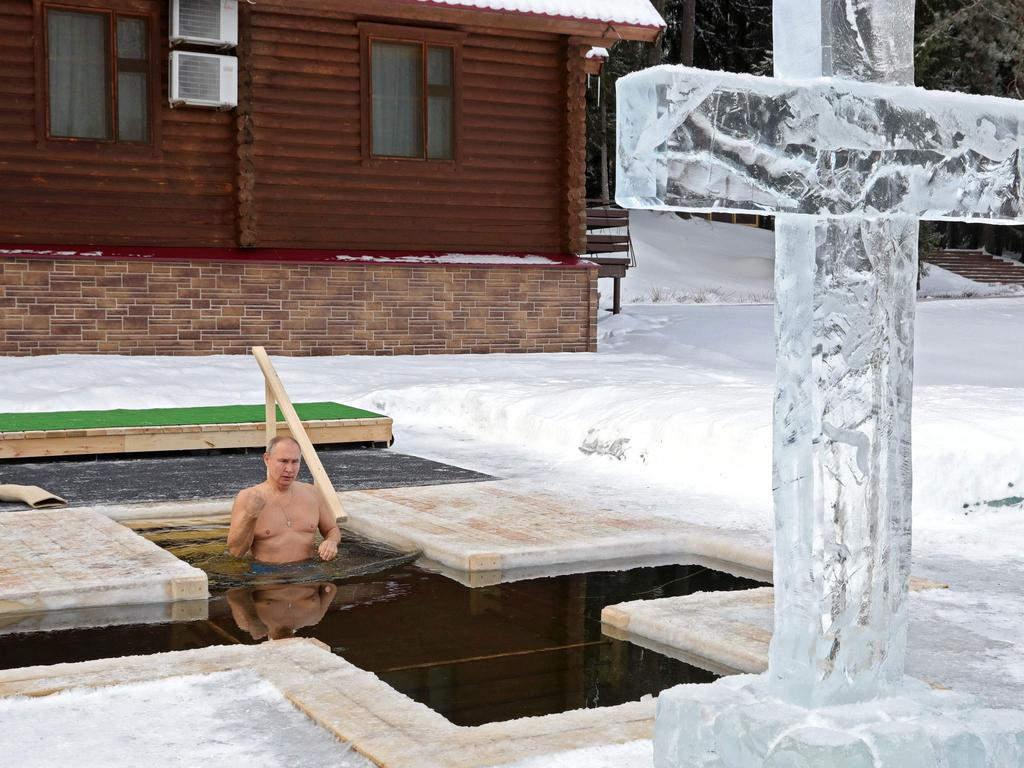
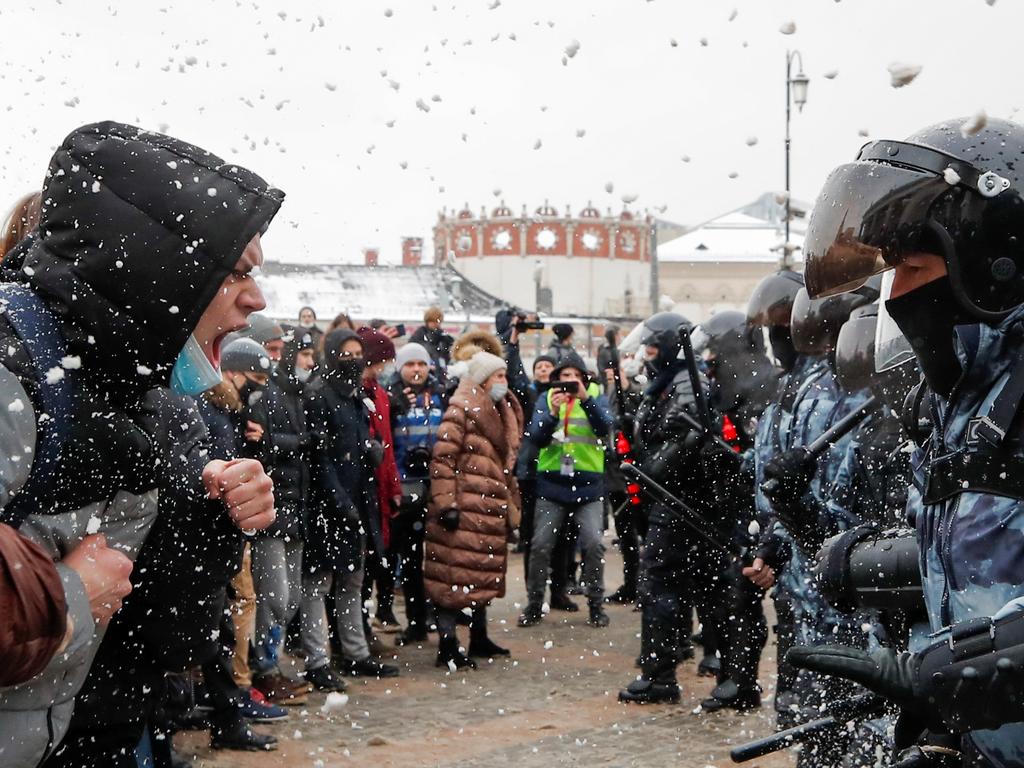
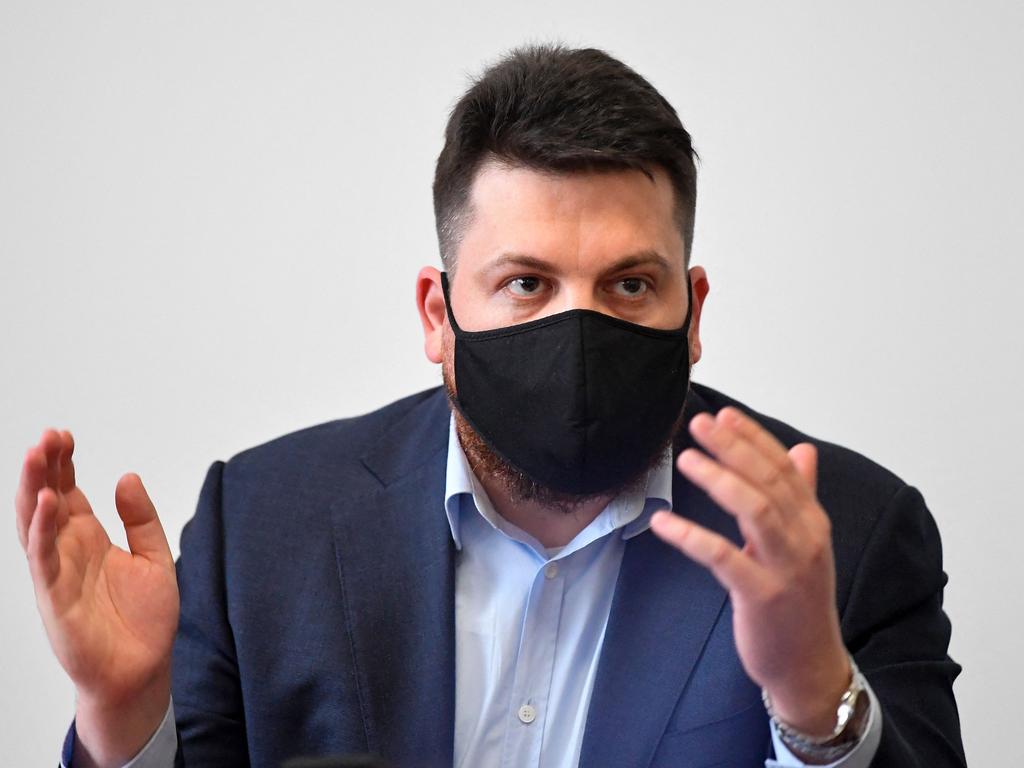



For more than half a century the Kremlin has been dealing with the Assad family, first with father Hafiz and then with his son Bashar. It is a relationship sealed in blood and no one doubts that if Bashar were toppled tomorrow, Vladimir Putin would throw a protective arm around him. A dacha outside Moscow, a personal shopper perhaps, and a team of well-armed guards to shield him from the International Criminal Court and other enemies.